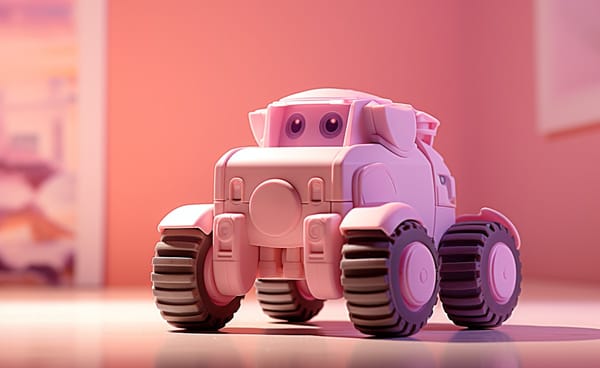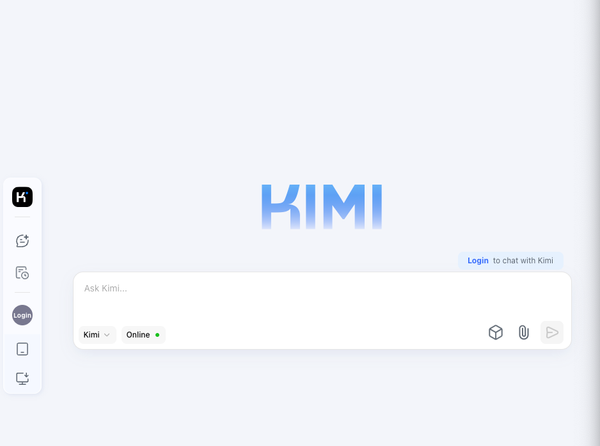What is AI-based Art? Is it worth it?
Table of Content
AI-based art, also known as generative art or computational creativity, is an exciting and rapidly growing field that explores the intersection between artificial intelligence and artistic expression. By harnessing the power of advanced algorithms and cutting-edge techniques, AI-based art pushes the boundaries of creativity and enables the creation of stunning and captivating visual and auditory masterpieces.
One of the key aspects of AI-based art is the utilization of machine learning models. These models are trained on vast amounts of data, allowing them to learn and understand patterns, styles, and aesthetics. By analyzing this data, AI algorithms can then generate entirely new and unique artistic content that is both innovative and thought-provoking.
The possibilities of AI-based art are virtually limitless. Artists and creators can experiment with different algorithms, tweak parameters, and explore various techniques to produce an endless array of artistic creations. From mesmerizing digital paintings to immersive audiovisual experiences, AI-based art opens up a whole new world of artistic possibilities.
In addition to its artistic value, AI-based art also holds great potential in other domains. It can be used in advertising and marketing to create eye-catching and engaging visuals that capture the attention of viewers. It can also be applied in the gaming industry to generate dynamic and interactive environments that enhance the player's experience.
Some top open-source free solutions for AI-based art include:
- DeepArt: A deep learning-based platform for transforming images into artistic styles.
- RunwayML: A toolkit for artists and designers to create AI-generated content.
- Magenta: A research project by Google that explores the intersection of AI and music generation.
- StyleGAN: A generative adversarial network model used to create realistic and artistic images.
- DiffusionBee

These solutions provide accessible tools for artists and enthusiasts to explore the possibilities of AI in their creative endeavors.
As AI continues to advance and evolve, the future of AI-based art looks incredibly promising. With ongoing research and innovation, we can expect to see even more groundbreaking and awe-inspiring creations that challenge our perception of what art can be.
Benefits
Benefits of AI-based art include:
- Creativity Enhancement: AI algorithms can generate novel and unexpected artistic creations, pushing the boundaries of human imagination.
- Efficiency and Speed: AI can automate the artistic process, allowing for faster creation of complex artworks.
- Exploration of New Styles: AI can mimic different artistic styles and enable artists to experiment with new techniques and aesthetics.
- Collaboration between Humans and Machines: AI can assist artists in the creative process, acting as a tool or partner.
Use-cases of AI-based art span various domains, including:
- Visual Art: AI algorithms can generate paintings, illustrations, and digital graphics.
- Music and Sound: AI can compose music, create soundscapes, and generate unique audio experiences.
- Video and Animation: AI can generate visual effects, automate animation, and assist in video editing.
- Interactive Installations: AI can power interactive art installations, responding to user input and creating immersive experiences.
Concerns
Despite its numerous benefits, AI-based Art also raises concerns and ethical considerations. One major concern is the potential loss of human artistic expression and originality.
Critics argue that relying heavily on AI algorithms may result in a homogenization of artistic styles and a decline in the uniqueness and authenticity of artworks. Additionally, there are concerns about the ethical implications of AI-generated art, such as copyright infringement and the question of who owns the rights to AI-generated artworks.










